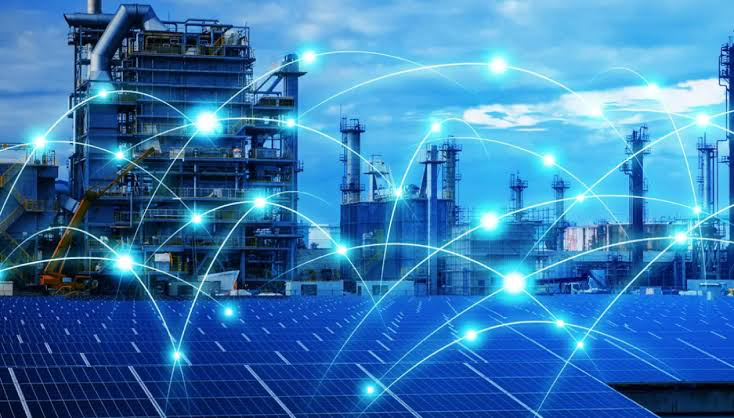With over 100 million urban residents lacking access to electricity and more than 90% residing in Sub-Saharan Africa—the fastest urbanizing region globally—the need for robust clean energy solutions is critical. This scenario paints a stark picture: cities, which account for about 75% of global energy consumption and 70% of greenhouse gas emissions, are pivotal battlegrounds in the fight against climate change.
The International Energy Agency’s report for the G7, Empowering Urban Energy Transitions: Smart Cities and Smart Grids, highlights cities as crucial centers for transformative energy policies. Urban areas, with their concentrated populations and infrastructure, are uniquely positioned to pioneer the efficient scaling of clean energy technologies through public procurement. This approach can dramatically reduce costs by creating economies of scale.
Investments in urban infrastructure, particularly in transportation and buildings, are vital. Cities direct nearly a third of subnational public investments into transport systems, emphasizing the importance of green and resilient urban infrastructure. This strategic allocation of resources underscores cities’ potential to significantly influence environmental sustainability.
In African cities, the demand for electricity, especially for cooling, is expected to surge by 400% within this decade. This dramatic increase is fueled by rising temperatures and population growth, escalating the urgency for sustainable energy solutions. Lagos, Nigeria, for example, projects a 400% increase in peak electricity demand by 2040, underscoring the growing energy needs of rapidly expanding urban populations.
However, despite these pressing needs, Africa attracts less than 2% of global clean energy investments. To meet the Sustainable Development Goal of ensuring access to affordable, reliable, sustainable, and modern energy for all by 2030, significant financial commitments are required. It is estimated that Africa needs to more than double its current energy investment from $90 billion, with at least two-thirds dedicated to clean energy.
The challenges extend beyond funding. African cities must enhance their energy efficiency, requiring a sevenfold increase in investments by 2030. This includes substantial expenditures on green buildings and energy-efficient appliances, integral components of a sustainable urban framework.
The infrastructure needs are immense. About 70 million new homes are necessary by 2030 to accommodate urban growth, equivalent to a quarter of the continent’s current residential building stock. Additionally, the expansion of transport infrastructure must match the anticipated two-thirds increase in road mobility demands by 2030.
Strategic investments in urban development can yield significant economic benefits. For instance, the Coalition for Urban Transitions’ analysis indicates that adopting compact, connected, and clean urban development in major cities across Ethiopia, Kenya, and South Africa could generate benefits valued at $1.1 trillion by 2050—250% of these countries’ annual GDP.
The African Development Bank (AfDB) plays a crucial role in catalyzing this transformation. It has committed approximately $2 billion in project lending to cities and municipalities. Moreover, through its Urban and Municipal Development Fund (UMDF), the AfDB is investing $50 million between 2023 and 2027 to support urban project preparation, planning, and access to financial ecosystems.
The African Investment Forum is also focusing on prioritizing bankable projects that secure substantial investments for urban projects. This initiative is part of a broader effort to facilitate inclusive decision-making processes and enhance infrastructure while addressing climate challenges.
The move towards clean energy in African cities is not just an environmental imperative but a socio-economic opportunity. By investing in smart, sustainable urban infrastructure, Africa can not only meet its energy and climate goals but also improve the quality of life for its urban populations, fostering economic growth and stability.
As African cities continue to grow at an unprecedented rate, the integration of smart energy solutions will be key to their sustainable development. These efforts will require cooperation across various sectors and significant investment, but the potential rewards—both environmental and economic—are immense. As these cities transform, they will set precedents for urban energy transitions globally, offering valuable lessons and models for other regions facing similar challenges.
Source: ESI Africa



